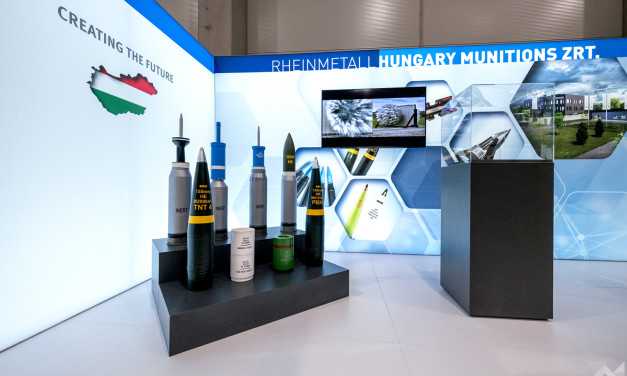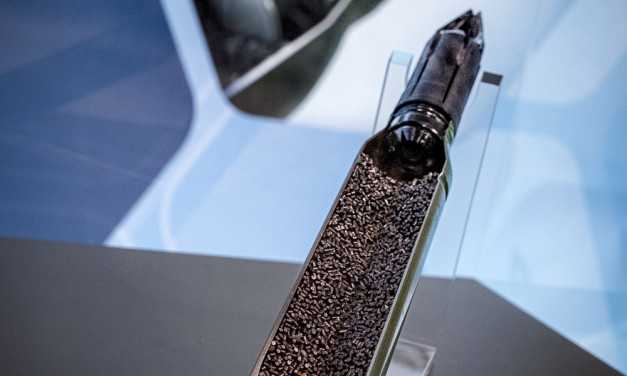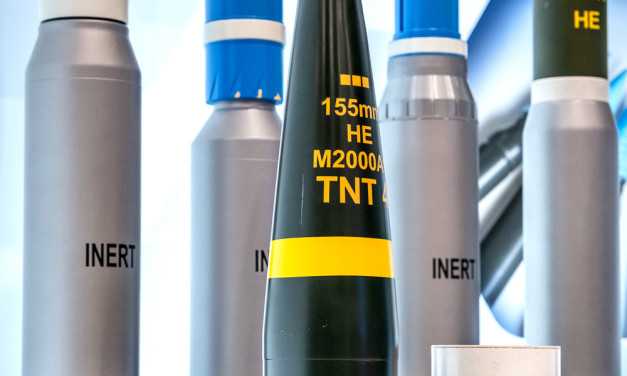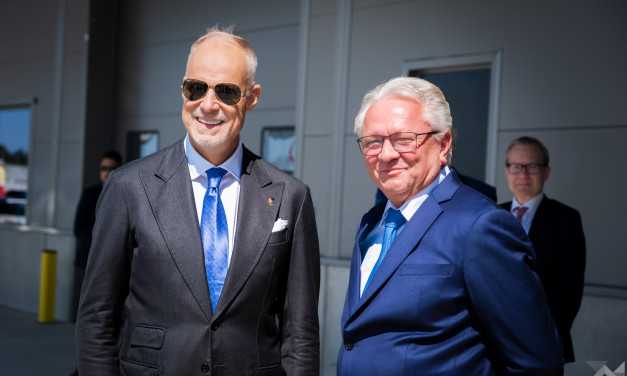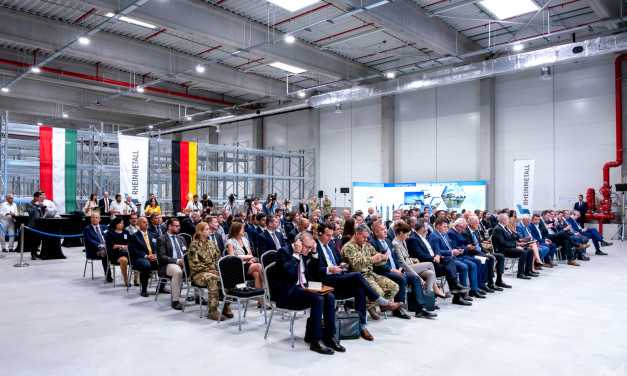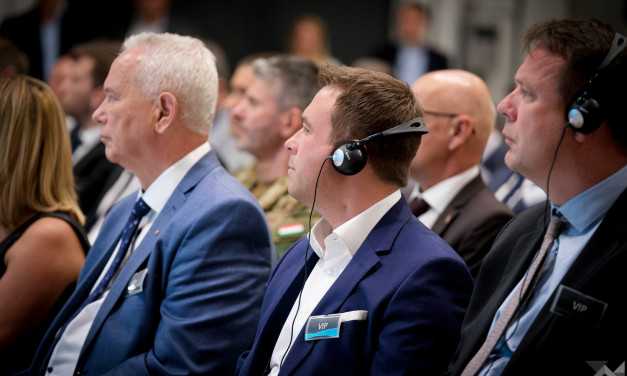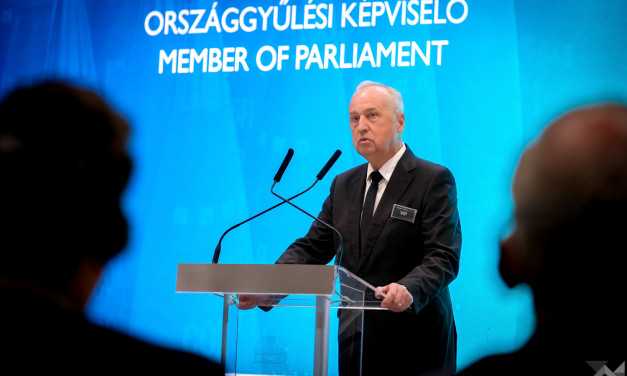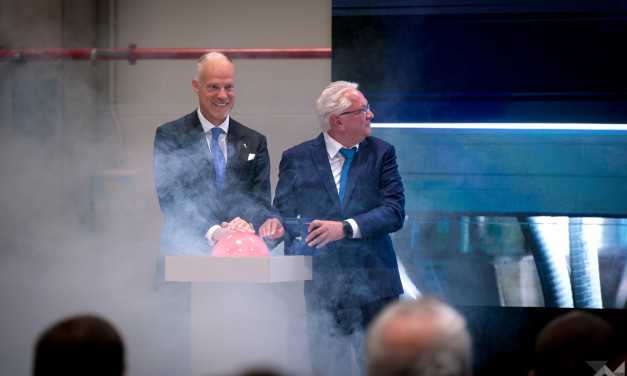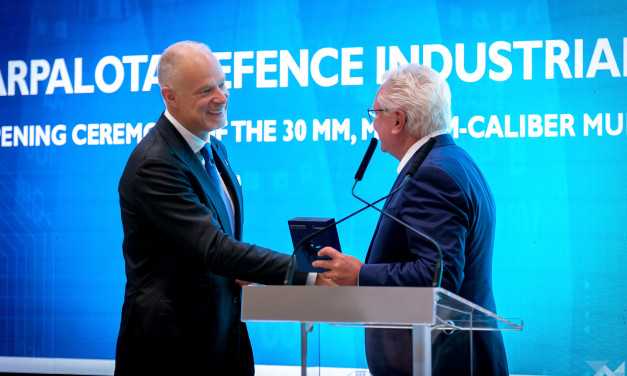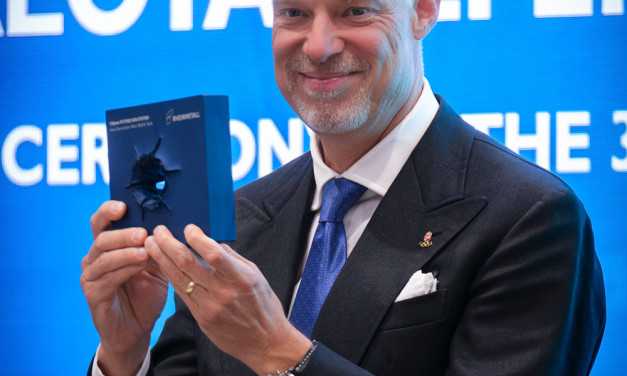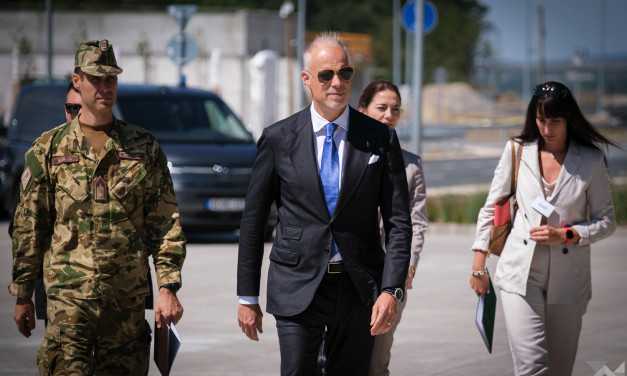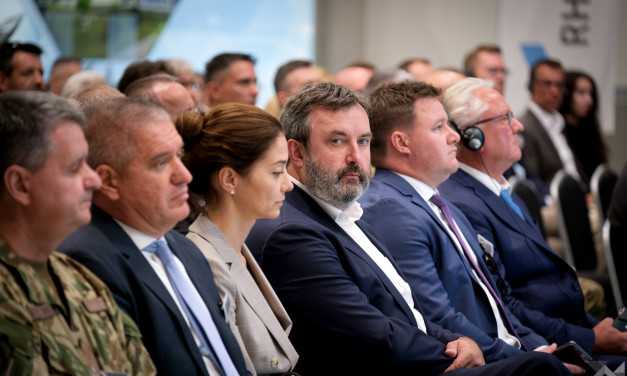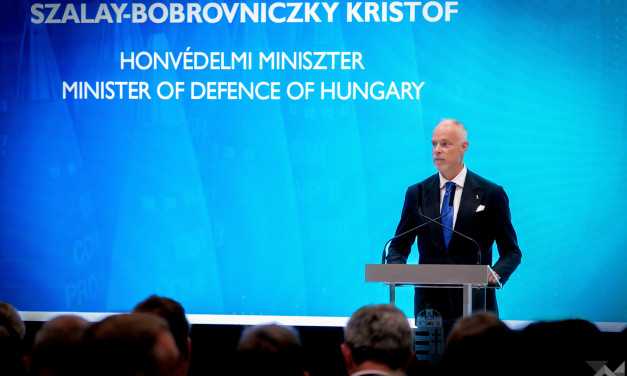Hungary becomes self-sufficient in 30mm ammunition
Text: Márton Mészáros Navarrai | Photo: Sztaniszláv Horváth | 15:34 July 30, 2024The munitions factory complex in Várpalota, which is to be expanded with further elements in the next few months, is a crown jewel of Hungarian arms industry, thanks to which Hungary becomes self-sufficient in 30mm ammo – this was what Defence Minister Kristóf Szalay-Bobrovniczky said at the opening ceremony of the medium-calibre munitions factory of the Várpalota Defence Industrial Complex on Monday, 29 July.
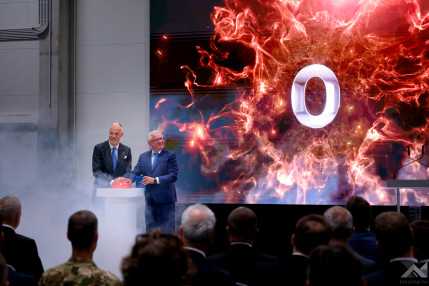
Since time immemorial, military mathematics has been one of the most important aspects in warfare, and one cannot evade its laws – stated Defence Minister Kristóf Szalay-Bobrovniczky before starting the test run of the production line designed for manufacturing 30mm ammunition. As he said, raging on for two and a half years now, the Russo-Ukrainian War has shown that there are hardly any factors more significant than to have all means available for combat. “High technology is indispensable, but not sufficient for one to be able to fight successfully. But if there is ammunition, then there is success, too” – this was how he summed up his view.
According to the minister, Europe has realized that it must rebuild its defence industrial capabilities in their entirety and assign a designated role to munitions manufacturing. “It is not merely the fighting sides that are continuously suffering from ammo resupply in need of completion, but also the countries donating ammo to the Ukrainian side, among which Hungary does not belong” – he stated, pointing out that our country has made a clear political value choice by not sending ammunition and weapons to the war that is raging in our neighborhood.
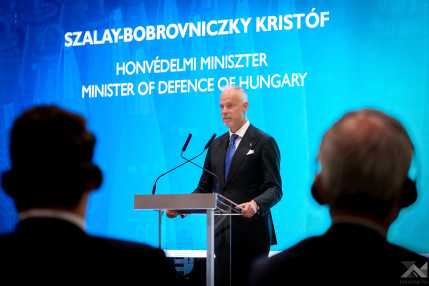
Kristóf Szalay-Bobrovniczky recalled that strategic ammo reserves have significantly dwindled on the old continent, and the European defence industry market has a hard time keeping pace with the resulting situation. He highlighted that “Hungary is not merely in the lead, it is ahead of our friends in the European Union regarding that it had drawn up the plans for building a complex of this size according to a well-thought-out strategy long before the outbreak of the war, already in the mid-2010s”. As he said, the defence industry being established in Hungary is such that its factories do not only get built, but also produce. “These factories are new and attract high-tech skills, provide Hungarian workforce with accommodation and create jobs for them; moreover, they decrease Hungary’s military dependence on supply chains to a great extent”, he explained.
“Hungary is a country determined and committed to building its defence industry, defence and security” – pointed out the minister, who also mentioned that last year, our country had already reached the target of spending 2% of its GDP on defence that NATO expects of its member states. Kristóf Szalay-Bobrovniczky recalled that less than a week earlier, the Hungarian Defence Forces had formally received their first Hungarian-made Lynx KF41 infantry fighting vehicle (IFV) produced at the Zalaegerszeg plant of Rheinmetall Hungary Ltd. He went on saying that the Várpalota Defence Industrial Complex also offers a factory co-established with the German company, one that fully meets 21st century standards and is modern down to the last detail.
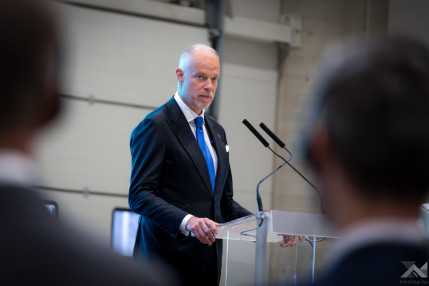
The minister said that he considers the mutual relationship with Rheinmetall correct, considerate and heavily committed on both sides, and it has mobilized significant economic resources of the Hungarian and the German strategic partners alike.
Kristóf Szalay-Bobrovniczky emphasized that the 30mm machine gun ammunition to be manufactured in the just-opened factory may also be called “Lynx food”, as this is the ammo for the turret machine gun of the Lynx infantry fighting vehicle (IFV), and also features as a designated ammo type for weapons in the armaments of several NATO member states. “As soon as production starts in this factory, Hungary becomes self-sufficient in this ammo type, in this caliber” – he underlined, noting that at first, the factory would provide 50 workers with a living, and then hundreds of them when production starts.
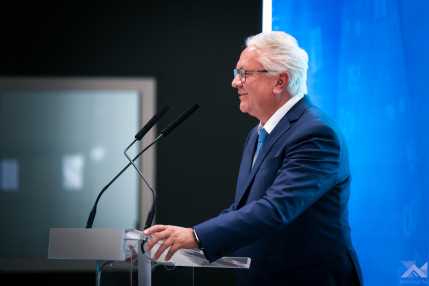
In his speech, Armin Papperger, the Chairman and CEO of Rheinmetall German arms industry group said thanks for the support from the Hungarian government, and praised the designers of the factory buildings, as well as the contractors for their high-quality and quick work. As he said, the German arms industry company would not only collaborate with the Hungarian state in the production phase, but also would join it in using the manufactured ammunition in the sales phase. “Indeed, there is a significant demand not only for medium but also for larger-caliber ammo, which we are also planning to produce” – he stated. According to Armin Papperger, in parallel with the increasing capacity of the factory, productivity is also going to significantly rise in the near future, which Hungary uses to strengthen its national sovereignty.
In her speech, Márta Campanari-Talabér, the mayor of Várpalota recalled that one and a half years ago – in an innovative fashion – a drone laid the foundation stone of the just-opened munitions factory. “It is an almost incredible feeling that as early as after 18 months, we are already participating in this opening ceremony. I can now reaffirm what I said back then: Várpalota has committed itself to defence industry” – she added.
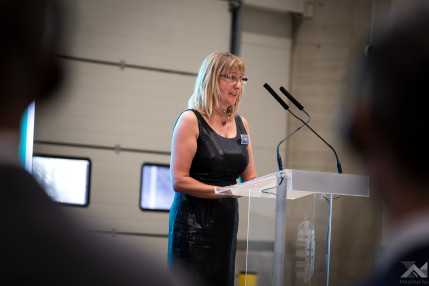
The town leader emphasized that Hungary’s defence is impossible without arms industry, a key pillar of which is Várpalota. “We had to wake up a Sleeping Beauty, the economy of the town” – she stated, pointing out that the Hungarian government contributes a HUF 24 billion state aid for infrastructural development related to the giga-investment project; furthermore, for example, they will adjust the profile of vocational training to it, and also implement public utilities and road construction projects. “We are working to make sure that many locals can feel to be the winners of this investment” – she added.
According to Károly Kontrát, the MP of the region including the town of Várpalota, Hungary – partly due to the goals of the National Defence and Military Development Program – is a strong and secure country, but security policy is a field where we must always achieve more tomorrow than we did on the previous day. “To a significant extent, the just-opened complex will contribute to Hungary’s remaining a secure country tomorrow and the day after tomorrow, but it is also working to develop Europe’s defence” – he said in conclusion. As he noted, the investment “on a historic scale” may open a new chapter in the history of the town, so the role the complex can play in the life of Várpalota and the region may be similar in significance to the one-time coal mining.
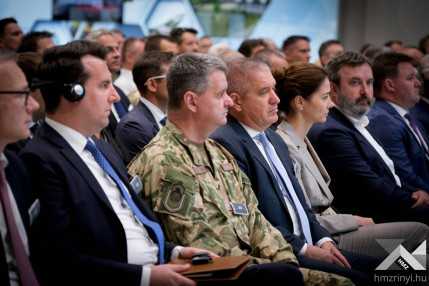
Also present at the ceremony were, among others, Deputy Chief of Defence Lieutenant General Ferenc Kajári, (deputy) state secretaries of the Ministry of Defence, as well as Prof. Dr. László Palkovics, CEO, N7 National Defence Industry Innovation Holding Ltd and the leadership of German Rheinmetall AG.
Defence industry revival on the right track
“In 2020, the Hungarian government decided to rebuild the defence industry, which has many elements. Today, we have opened one of the complexes of medium- and large-caliber munitions production. From now on, we are capable of producing more than one million pieces of 30-35mm ammunition per year, the standard ammo of the Lynx infantry fighting vehicles. We are going to become fully self-sufficient in this ammo type, which is a great achievement” – underlined Prof. Dr. László Palkovics in an interview to defence.hu. As he said, the next development would pave the way for the manufacturing of larger-caliber munitions: the 120mm tank shells and the 155mm artillery shells that are often used in the Russo-Ukrainian War. “Hopefully, we will be able to open the factory section for the production of these shells in the second half of next year” – he said.

The arms industry that we are building in Hungary has much more capacity than is demanded by the needs of our armed forces, so besides fulfilling domestic needs, the new facilities will be producing for export as well. “It is here that our need for domestic partners like Rheinmetall becomes significant, because it has all the capabilities for selling the equipment, too” – he added.
In connection with the just-opened Várpalota Defence Industrial Complex, Prof. Dr. László Palkovics stated that the former mining town is situated in the right place from a logistic point of view, since the former aluminum production here required a strong logistic background. “Once, munitions and explosives, too, were manufactured in the vicinity of Várpalota, so the people living here have not forgotten this spirit and knowledge, and the closeness of the University of Pannonia and the Vocational Training Centre may also be of help” – he pointed out.
